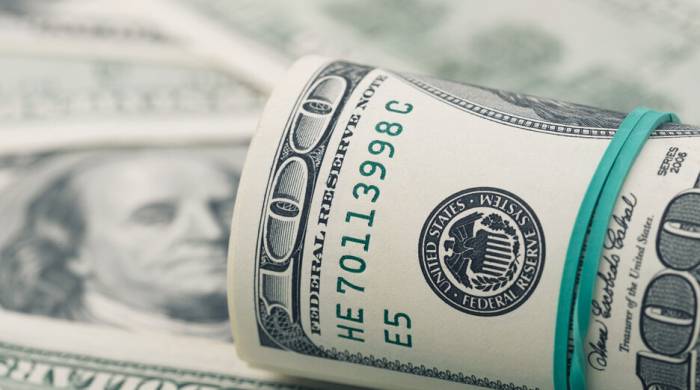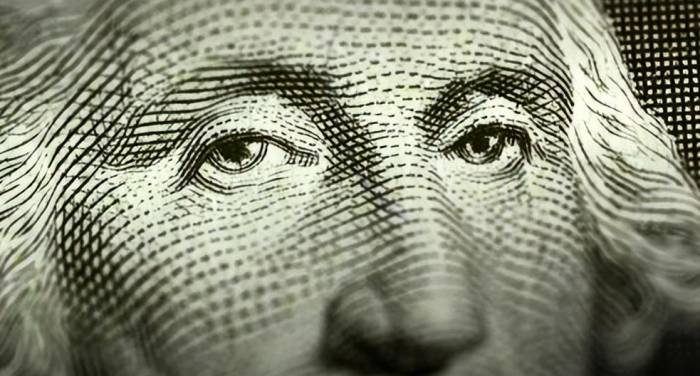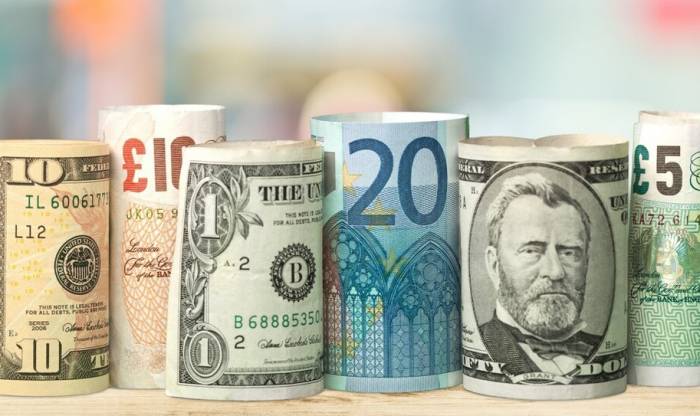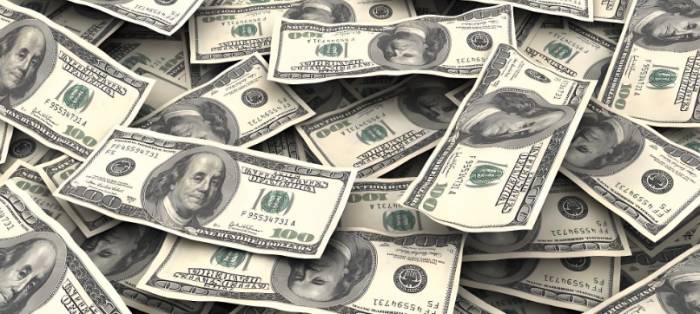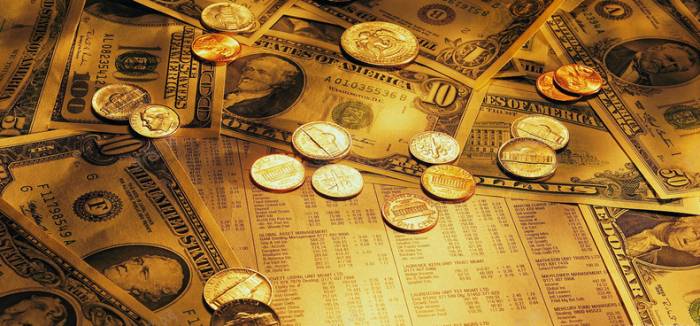As the large-scale equipment renewal and consumer goods trade-in policy continue to expand and intensify, the policy effects are being continuously released. The latest data shows that in August, the retail sales of household appliances and audio-visual equipment turned from a decline to an increase; in the first eight months, the investment in equipment, tools, and instruments increased by 16.8%, which is 13.4 percentage points higher than the growth rate of total fixed asset investment (excluding farmers). The person in charge of the National Development and Reform Commission said that in the next step, the implementation of the "two new" policy will be fully promoted, and a variety of measures will be taken to promote more preferential policies; the national debt funds will support the early start, construction, and use of equipment renewal projects to ensure the formation of more physical work volume as soon as possible.
Ms. Xiang, who lives in Fengtai, Beijing, is planning to replace the air conditioner in her living room. The old air conditioner has been used for many years and can no longer cool quickly and consumes a lot of electricity. However, considering the cost issue, she has not bought a new machine for a long time.
"I heard that there is a policy of trading in old for new, and I just want to change the air conditioner that I have been thinking about. Now I can save a lot of money." Ms. Xiang said that she received a government subsidy for purchasing an air conditioner on the "Jingtong" mini-program. The new air conditioner, which costs more than 7,000 yuan, can save nearly 1,500 yuan, which is almost equivalent to an 80% discount. She feels that her motivation to replace household appliances is stronger.
The preferential policy that Ms. Xiang enjoyed when purchasing the air conditioner comes from the measures to support the "two new" released at the end of July. This policy clearly arranges about 300 billion yuan of ultra-long-term special national debt funds to support the "two new". Zhao Chenxin, the deputy director of the National Development and Reform Commission, introduced that after the release of the national measures to support the "two new", the implementation details of equipment renewal in 8 fields such as industrial equipment, and the implementation details of consumer goods trading in old for new in 4 fields such as automobiles and home appliances have all been issued and implemented. At the local level, implementation plans to support the "two new" have also been introduced. At present, the 300 billion yuan of national debt funds have been fully issued.
Data from platforms and stores show that the implementation of the trade-in policy has driven a significant increase in the sales of key consumer goods. From August 26 to September 21, the sales of home appliance products such as refrigerators, washing machines, televisions, air conditioners, and computers on the JD platform increased by 128.8%, 86.3%, 130.6%, 240.5%, and 52.2% year-on-year, respectively, showing a significant increase; from September 1 to 21, the customer flow in the stores of Suning Easy Purchase across the country doubled, and the sales of computers and air conditioners achieved rapid growth of nearly 300% and 100%, respectively.
"As of September 23, it has driven the sales of more than 580,000 units of 8 types of home appliance products such as refrigerators and washing machines, driving sales of about 3.7 billion yuan; it has accepted 23,000 applications for the scrapping and replacement of small cars, driving car sales of about 6 billion yuan. Driven by the policy of trading in old consumer goods for new ones, the retail sales of household appliances and audio-visual equipment in Beijing increased from a year-on-year increase of 1.4% from January to June to a year-on-year increase of 8.9% from January to August." Lai Xian Yu, the deputy director of the Beijing Development and Reform Commission, said.
Macro data also shows that the policy of trading in old for new has effectively released consumer potential. According to data from the National Bureau of Statistics, in August, the retail sales of household appliances and audio-visual equipment across the country turned from a decline to an increase, with a year-on-year increase of 3.4%.
While continuously stimulating demand potential, the policy effects are being transmitted to the supply department, promoting rapid growth in production in industries such as equipment manufacturing, automobiles, and home appliances. Taking key areas of equipment renewal such as transportation and communication as an example, in August, the added value of manufacturing industries such as ships and related equipment, urban rail transit equipment, and communication equipment increased by 23%, 17.1%, and 10.3% year-on-year, respectively; the output of products such as household washing machines, smart TVs, and household refrigerators also achieved rapid growth.
"At the same time, it is also necessary to see that many enterprises are optimistic about the development prospects of the 'two new' fields and have increased investment in fields such as equipment manufacturing and consumer goods production." Zhao Chenxin said that in the first eight months, investment in equipment manufacturing, consumer goods manufacturing, and raw material manufacturing increased by 10%, 14.9%, and 9%, respectively.
"The policy of trading in old for new not only helps to release the potential improvement-type consumption demand of residents and further stimulate the vitality and growth potential of the consumer market; it can also promote consumption upgrading and promote the optimization and upgrading of the industrial structure, driving the growth of investment in related industries, which is of great significance for achieving high-quality economic development." Lian Ping, the dean and chief economist of the Guangkai Chief Industry Research Institute, said.Zhao Chenxin stated that in the next step, the National Development and Reform Commission will work with relevant parties to fully implement the "two new" policies, take multiple measures to promote more preferential policies, and allow consumers and business entities to truly benefit from them. In terms of supporting equipment updates, Liu Dechun, Director of the Department of Resource Conservation and Environmental Protection of the National Development and Reform Commission, said that in the next step, efforts will be made to promote the early start, construction, and use of projects supported by government bond funds. At the same time, relying on the national major construction project database, daily monitoring and scheduling will be strengthened to prevent the idle accumulation of government bond funds, ensuring that related projects can form more physical work volume as soon as possible.







